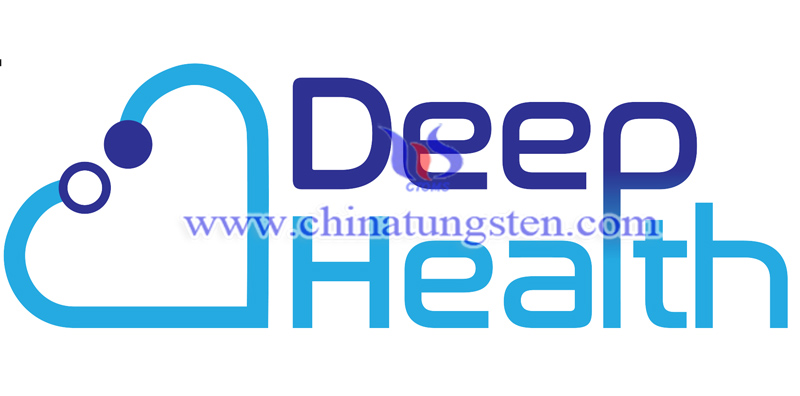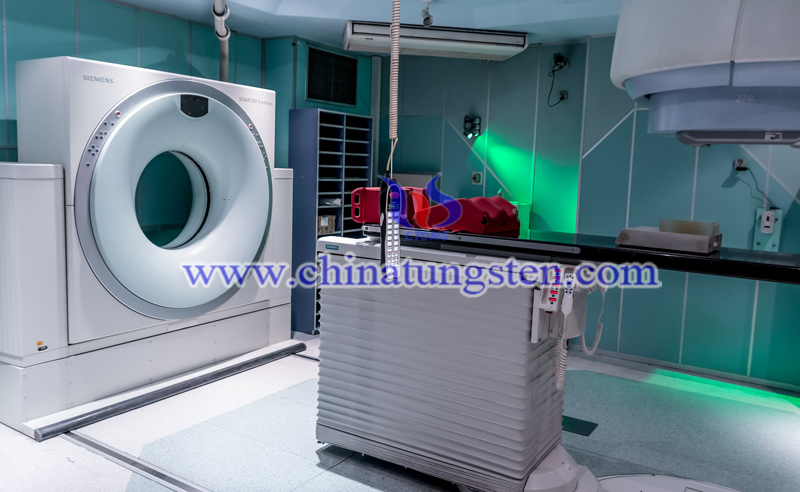DeepHealth Develops Software for Improving Molybdenum Target Screening
- Details
- Category: Tungsten's News
- Published on Thursday, 02 January 2020 23:39
DeepHealth proposed that they are expected to develop software that can improve the accuracy and accessibility of molybdenum target screening worldwide recently. Working with several well-known institutions around the world, they developed a deep learning model for breast cancer detection that defeated five full-time radiologists and previous SOTA models. Although this deep learning model is mainly trained for Western populations, it can also be widely applied to Chinese populations. But on Reddit, many netizens have expressed different views and opinions.

DeepHealth uses the most advanced machine learning technology to improve patient clinical outcomes through a better interpretation of medical images. Their initial focus was on molybdenum target screening, and tools are now being developed to help radiologists detect breast cancer earlier, more accurately and effectively. Their goal is to improve breast cancer screening so that it can reach all women.
They participated in the Digital Mammography DREAM Challenge, and in this open data science competition with a large number of participants, their team submitted the highest scores, which gave them the initial confidence in this direction.
The team has multiple funding sources, including angel investors, large strategic partners, and non-dilutive grant funding. They received funding from the National Institutes of Health (NIH) and the National Science Foundation (NSF) for Small Business Innovation Research (SBIR) for a total of $ 2.4 million.

Breast cancer remains a global challenge, causing more than one million deaths worldwide in 2018. To achieve early detection of breast cancer, the World Health Organization recommends X-ray molybdenum target screening (the “gold standard” for breast cancer screening), which is estimated to reduce breast cancer mortality by 20% to 40%. However, the significant false-positive and false-negative rates, as well as the high cost of interpretation still required higher-quality and more accessible screening methods in the clinic.
To solve the limitations and deficiencies in clinical software practice, researchers have developed a strong interest in "applying deep learning to molybdenum targets" in recent years. However, obtaining a large amount of labeled data poses challenges for training deep learning models and ensuring the generalization of the representative population in the training data set. To improve breast cancer screening and make it accessible to all women. DeepHealth proposes that they are expected to develop software to improve the accuracy and accessibility of molybdenum target screening.
| Molybdenum Supplier: Chinatungsten Online www.molybdenum.com.cn | Tel.: 86 592 5129696; Fax: 86 592 5129797;Email:sales@chinatungsten.com |
| Tungsten News & Prices, 3G Version: http://3g.chinatungsten.com | Molybdenum News & Molybdenum Price: http://news.molybdenum.com.cn |



 sales@chinatungsten.com
sales@chinatungsten.com